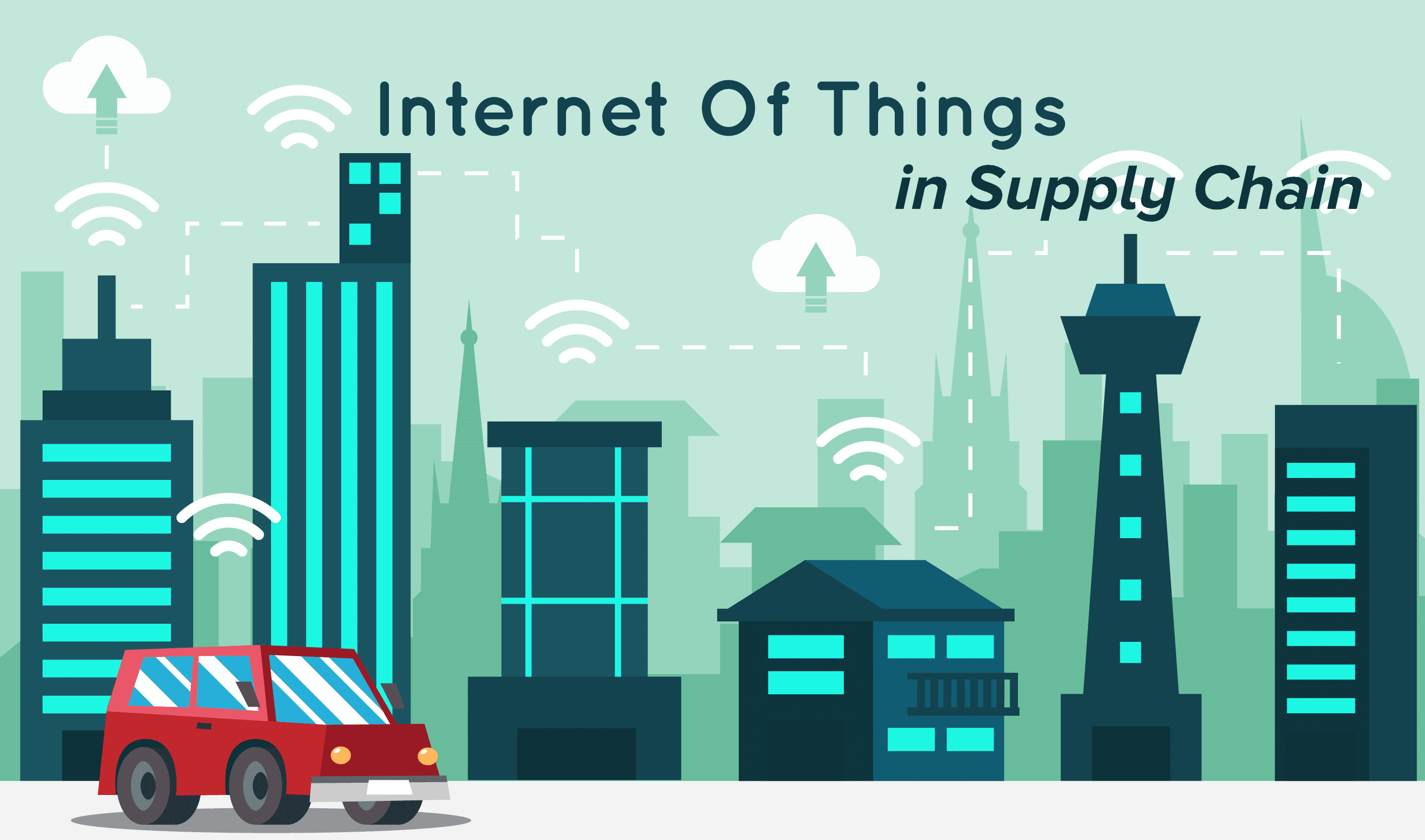The Internet of Things (IoT) and its impact on Supply Chain

Introduction
Top analyst firm Berg Insight predicts that there will be a strong focus on cargo transport security and increased supply chain visibility in the coming years.
With the tremendous growth of connected devices, the impact of IoT on supply chain is not something to be missed out. The analysis of captured data from connected devices in supply chain is henceforth a major business enabler, helping to improve timely delivery of goods, raw materials or other deliverables.
Impact of IoT on Supply Chain
IoT has gained much steam in supply chain. Managing the flow of materials and tracking of shipments have become much easier with the implementation of IoT in supply chain. Be it retail, manufacturing, shipping or transportation, IoT has proven to be quite effective in connecting as well as monitoring people, processes, materials and the ‘n’ number of factors involved in the supply chain.
Do you have a question on this? Then, let’s clear it out here.
- Organise the storage of materials in warehouses
Now, if your supplies reside in a large warehouse, it won’t be a surprise to see your workers spending a large chunk of their time for finding the right product or categorising it. Well, you weren’t the only one. The largest eCommerce company, Amazon faced the same issues. They were the first few to use IoT for effective organisation of commodities within their large warehouses. Instead of roaming around looking for the products, they now use Wi-Fi connected robots to find products to be moved for shipment.
- Track location of materials and shipments
In supply chain, missing materials and shipments is a common issue. Sometimes, raw materials are lost when taken from the warehouse for production or finished goods are lost during shipments. When IoT is implemented for location tracking of raw materials, finished goods or shipments, it eliminates the possibilities of loss of materials. And if there is any slight delay in reaching the shipment to the required customer, vendors can get notified and plan accordingly.
- Fleet management
Fleet management refers to the management of all the vehicles used to transport your goods from place to place in a supply chain environment. Fleet management is aimed to minimise the risks associated with vehicles and assets in a supply chain environment. Real-time monitoring of the entire fleet using IoT not only provides accurate information regarding each vehicle but also transmits real-time status (temperature, humidity, vibration levels etc) of sensitive products to prevent damage.
What more to expect?
Real-time shipment tracking in Logistics and Transportation is already on the way. If you are still thinking about IoT in your supply chain system, you are only late. But like it’s said, it’s better to be late than never!
Other Blogs:
- Key software development trends to drive business success
- Get ready: A New V8 is coming, Nodejs performance is changing
- Cloud Services Comparisons: Azure vs AWS
- Why you need to Partner with an App Development company that has successfully pushed over 500+ Apps
- Reasons Why React is the Best Technology to Develop Kickass Web and Mobile Apps
- 700,000 Bad Apps, 100,000 Developers Removed from Play Store in 2017